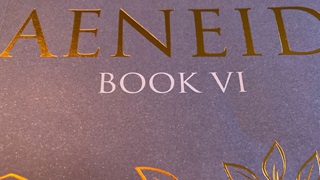
Enter a cloud
Inspired by 'Gigantic Cinema' | Issue 20 | 2022


‘We live in thoughts and feelings, not in days and years’, wrote W. H. Hudson, recalling an evening on Beaulieu Heath spent ‘watching and listening and thinking of nothing’. He described the scene in his 1903 book Hampshire Days, with characteristic, unaffected clarity; it is as though the desolate, open lowlands freed his mind to receive an impression of nature which he translated directly into prose. Joseph Conrad said that he wrote as the grass grew. Since his death in 1922, Hudson’s reputation as a natural history writer has quietly faded, and many of his books are now no longer in print. His style is often eccentrically childlike, sometimes rambling; he writes without fuss or artifice. Perhaps these qualities make him unfashionable. But he is not old-fashioned, for while reading his essays is like slipping out of the modern world, the world one enters is at once ancient and timeless. There myth, life and spirit merge, and the vole or the wheatear share dramas and comedies as great as our own. It is Hudson’s extraordinary power of sympathising with, almost of dissolving into, nature that compels; his writing, at its best, is refreshment for the soul. Alexandra Howe | New York

Meet Noni and Bina, two gardeners—one in the southern, one in the northern hemisphere | Issue 19 | 2021

Alexandra Howe's bookshelf includes Pride and Prejudice, Pearl and Plainsong | Issue 15 | 2019
© Norton Rose Fulbright LLP 2025